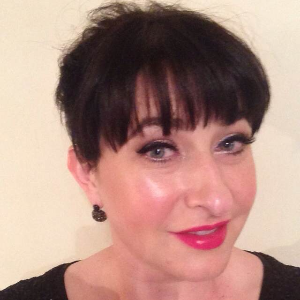Some of Our Professionals In the UK
Diane Nivern | Diane Nivern Clinic Ltd
Aesthetician | Beauty Therapy





Overall Score: 0.0

Manchester

30 years experience
Daniel Fisher | Tienda Digital
Acupuncturist | Aesthetician | Aromatherapist | Audiologist | Barber





Overall Score: 0.0

Preston
Private Nurse Algarve
Nurse






